The American Board of Opticianry (ABO) is nationally recognized as the standard for optician competence assessment. Opticians working in both regulated and unregulated states are commonly required to pass the National Opticianry Competency Exam (NOCE) and the Contact Lens Registry Exam (CLRE). Opticians in unregulated states voluntarily complete these exams due to the benefits that they provide both the optician and the employer. To ensure a passing score, it is very important to have an understanding of the exam structure.
Exam Structure
Both the NOCE and the CLRE Exams consist of 125 questions. The exams are administered on a computer and individuals are given two and a half hours to complete each test. In order to qualify to take the exams, an applicant must be at least 18 years old and have a high school diploma or equivalent. Both the NOCE and CLRE cost $225 in order to sit for the exams. The exams are administered at over 250 testing sites nationwide twice each year.
General Exam Preparation
The NOCE and CLRE have been described as difficult exams. Opticians who have at least two to three years of experience or have completed a degree program typically have a higher pass rate. Opticians in unregulated states generally receive training that focuses on the skills needed to perform tasks that employers include in the optician job description. While this type of training may work well for acceptable job performance, it does not ensure that an optician receives comprehensive optician training. For this reason, it may be necessary for opticians in these states to invest more time and effort in the exam preparation process.
Exam Topics
To better prepare opticians for the NOCE and CLRE Exams, the ABO has provided a general outline of what is covered on the exams. The NOCE Exam covers analyzing and interpreting prescriptions, fitting and dispensing spectacles and other ophthalmic devices, and the use of standard ophthalmic equipment. The CLRE Exam covers prefit, preparation and evaluation, diagnostic fit and evaluation, lens dispensing, patient education and delivery procedures, follow-up visits, and administrative issues. As you can see, these exams cover a wide range of topics that may or may not be taught to opticians in unregulated states. Opticianry degree programs and apprenticeships in regulated states have been designed to prepare opticians for each of the topics covered by the NOCE and CLRE Exams. These topics should be reviewed in-depth prior to taking the exams.
ABO Certification Renewal
The ABO will issue you a certificate once you have passed the examinations. This certificate can be displayed in your place of employment to demonstrate to customers that you have met national competency standards in the optician industry. The certificate must be renewed every three years through the completion of continuing education and payment of a small fee. Continuing education is an important process for ensuring ongoing competence and communicating updated standards and practices.
Forms and Documents

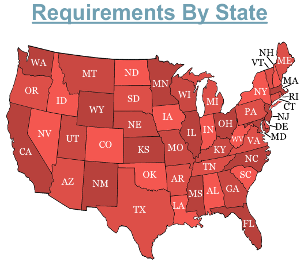

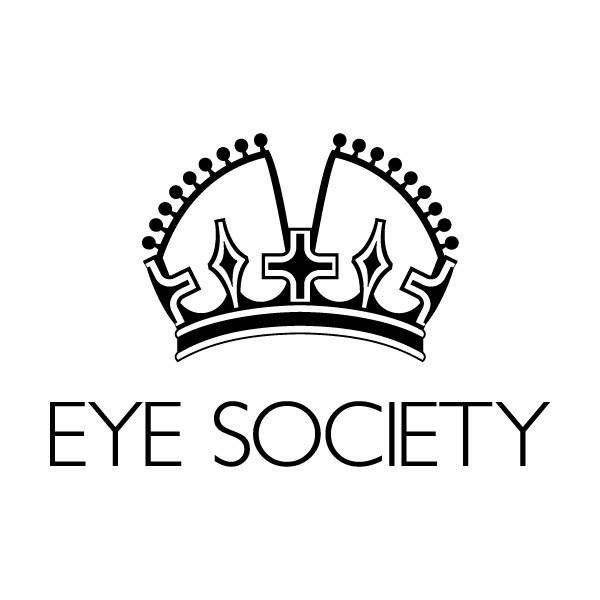

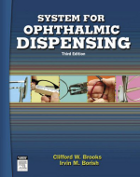
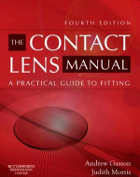
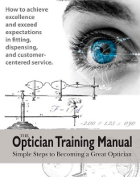

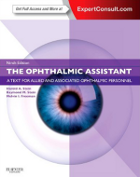
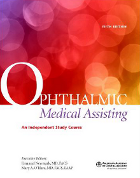
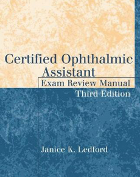
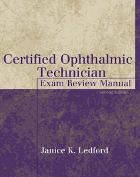
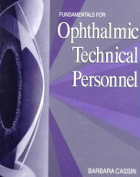
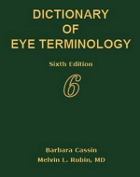
I want to become an optician. What are the necessary steps for me to get licensed/certified & how many tests must I take?
Hi I’m an optician and get my degree from Iraq and I have 3 years experience
How can I evaluate my degree here in amarica ( Illinois ) ?! Or how can I get training to get legal license ?!
I do not have any previous education for optical training or any office experience. However, I appreciate it if you could advise where I might obtain basic training to assist an Optician and/or work with the dispensing of eyewear . I have heard there is a basic certification that does not require a college degree but can be studied for online as well as taking an online test. Where do I begin? I live in Texas and do not know what requirements there might be or whom to contact for the exam.
Hopefully, you can direct me to the right online registration, training, and preparation for the test/certification.
Thank you
Is it a reasonable expectation for a consumer to expect a Board-certified optician to consider the vertex distance when ordering glasses for a very high-plus Rx?
Is there a place to find the opticianry scope of practice?
I am a Manager at SEE eyewear in San Jose, I am fascinated with the Optical world and the fashion aspect of it. I am interested in taking the ABO test can you please let me know if there are any groups I can study in and the dates of the exams?
Thank you,
Anita Diaz
Hello, I’m an optician in France and I would like to buy a business in California. If I pass the ABO can I work alone in the shop? Thanks!
Attias,
You will need to register with the Board of Optometry before providing dispensing services to the public.
Hi,
So…I can take the ABO exam, become certified, and then go to work? And all of this can be accomplished online by studying through the resources you have mentioned? I study, take the test, pass, get certified and get to work? Is that it?
Thanks!
Margaux,
While ABO Certification is widely accepted as the standard for competency, some states require opticians to complete additional licensing or certification requirements before offering services to the public. In addition, employers in unregulated states may have their own employment expectations for opticians. It is very important for you to become familiar with the requirements in your state before deciding to pursue the profession.
Hello,
Is there a difference between obtaining the ABO certification and obtaining a state license? I also was curious what requirements are needed to obtain the certification and the license if they are not the same.
Thanks,
Allison
Allison,
Certification and licensure are two completely different things. States that license opticians often have very specific requirements that must be met before being allowed to practice. Some of these states have their own licensing exams while others require individuals to take the ABO exam to fulfill licensing guidelines. There are no prerequisites in order to take the ABO exam, but most opticians find that careful review of the materials on our resources page results in a better score. Opticians who work in regulated states may also be required to complete a degree program or apprenticeship in order to become licensed. Practice standards in unregulated states are often determined by individual employers.
Hello,
I am interested in training to become an optician, and I am having difficulty finding training in San Diego, CA. I want to learn in a class vs. online training. Do you have any suggestions where to start?? I already been selling EW for 3 years for Oakley, but want to further my career.
Thank You,
Marigold
Marigold,
There are very few classroom training programs for opticians across the United States. Unless you are willing to relocate for a couple of years while you complete a degree program, you may want to consider completing an apprenticeship through a local optical establishment. You may also want to take the ABO and NCLE Certification Exams. The books listed on our training resources page are an excellent way to study for the exams. I hope that helps.